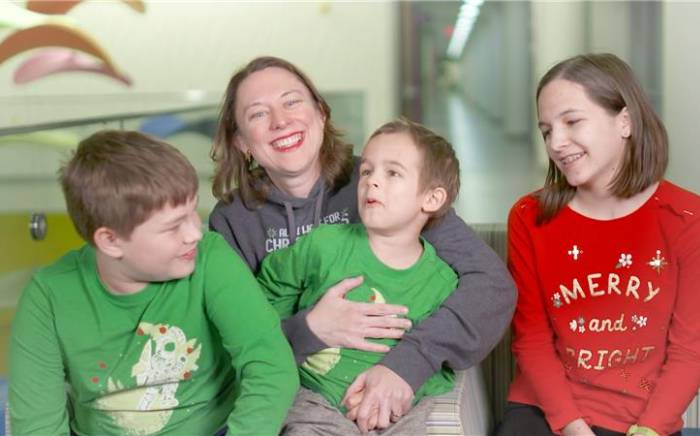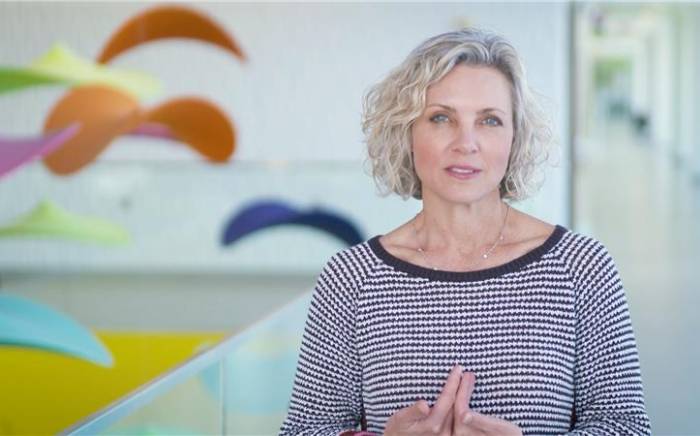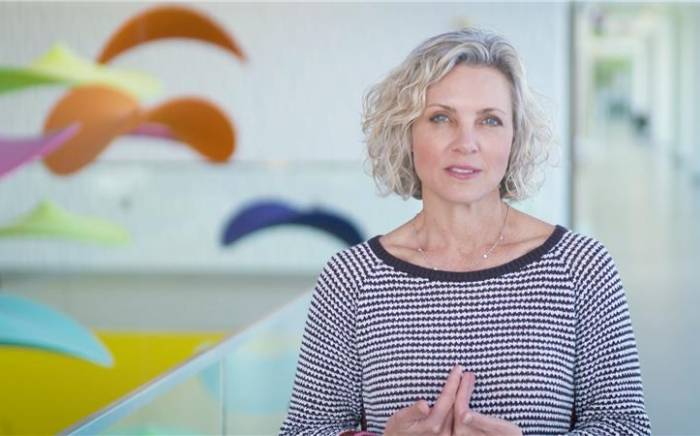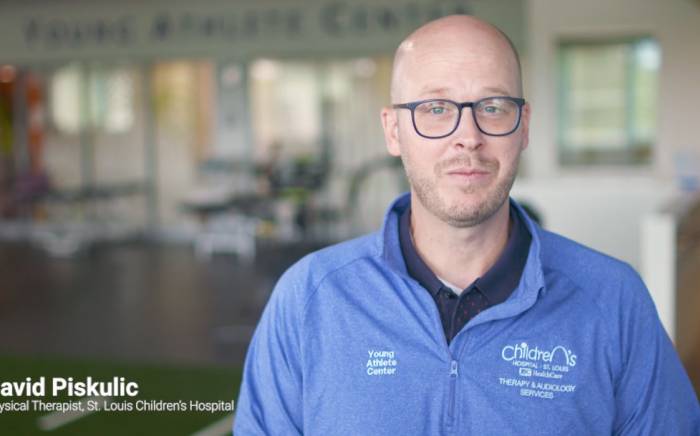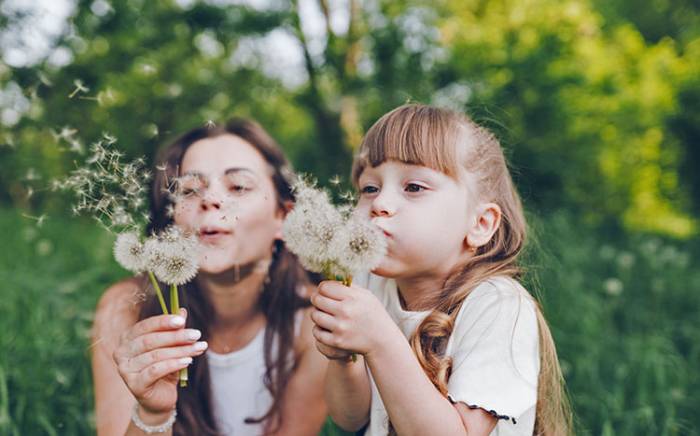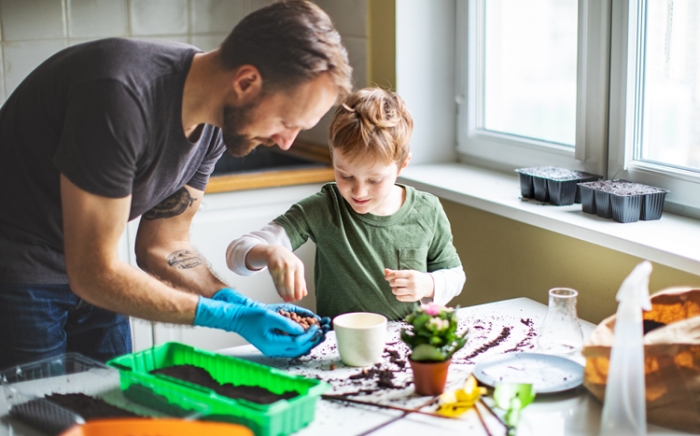Expressive Therapies at St. Louis Children’s Hospital
Expressive Therapies are also known as Expressive Arts Therapy or Creative Arts Therapy. It is the use of creative arts together as a form of therapy to foster human growth, development, and healing. Unlike traditional creative arts, the process of creation is emphasized rather than the final product. Expressive Therapies are built on the foundation that people can heal through use of various forms of creative expression. The Expressive Therapies program at St Louis Children’s Hospital is 100% philanthropy funded; therefore, services are provided at no cost to those patients and families receiving care.
Expressive Therapies at St. Louis Children's Hospital Include:
| Art Therapy | Music Therapy |
For more information on Expressive Therapies, contact the National Coalition of Creative Arts Therapies Associations.
Frequently Asked Questions:
Do you have to be an artist or musician to participate in Expressive Therapies?
- Simply put, NOPE. Expressive Therapies focus on the process of engagement, meaning the experience vs. the product. Novelty of the experience can, at times, be a powerful therapeutic tool
What age do you have to be to participate in Expressive Therapies?
- Art Therapy: 3 years to adult
- Music Therapy: infant to adult
- Services are provided on a referral basis, and referrals are placed by a patient's primary treatment team. Due to the nature of services, it is advised that patients have an expected length of stay of 5 days or more or an expected frequency of return visits.
Is participating in a session the same thing as taking a class in art or music?
- Although learning can absolutely be a part of the therapy process, it is not the focus. Unlike a "class," a therapy session allows for a collaborative exploration of individualized emotional, cognitive, and physical goals. The art or music that a patient participates in focuses largely on the process of engagement vs. the product of creating. Put simply, as Expressive Therapists, we use art or music in non-artistic or musical ways.

